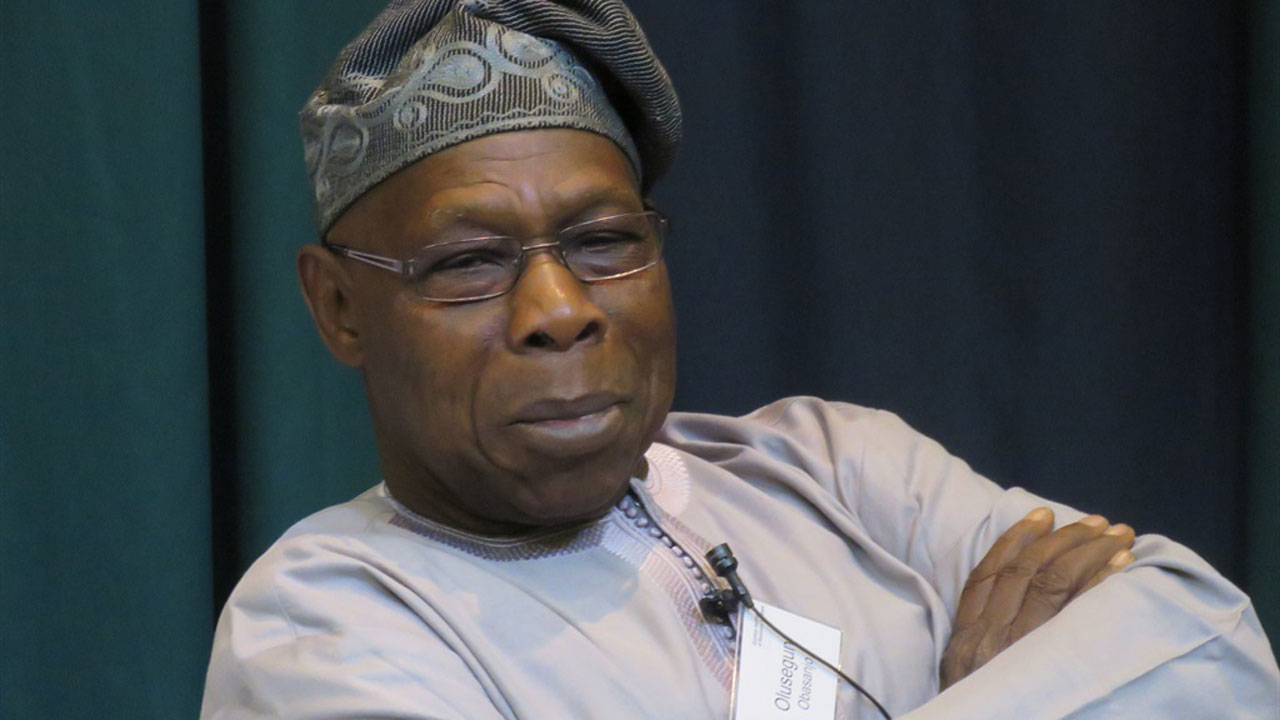A former Nigerian President, Olusegun Obasanjo, attempted to enlist Shell to run Nigeria’s refineries, but they declined, citing corruption and poor maintenance.
Instead, Aliko Dangote invested $750 million in a revival project, but billions have been spent with little success.

During his presidency, Olusegun Obasanjo actively sought solutions to address Nigeria’s failing refineries in Port Harcourt, Warri, and Kaduna.
Determined to find a resolution, he approached Shell and offered them the opportunity to manage these refineries.
However, the company refused, citing four main reasons.
First, Shell explained that they generated most of their profits from upstream oil operations, while downstream refining barely broke even.
Secondly, they pointed out that Nigeria’s refineries, with capacities of 60,000 to 120,000 barrels per day, were far too small compared to the global standard of 250,000 barrels per day.
Read Also: MTN Divests Guinea Operations To Prioritise Stronger-Performing Markets
Furthermore, they criticised the poor maintenance of the facilities, which they believed made the investment unattractive.
Finally, they expressed concerns about the pervasive corruption surrounding the refineries and refused to involve themselves in such a system.
When Shell declined, a prominent Nigerian businessman, Aliko Dangote, stepped in.
Subsequently, he assembled a team, secured $750 million, and entered into a public-private partnership to operate the refineries.
However, Obasanjo’s successor rejected this arrangement and refunded Dangote’s money, insisting that the Nigerian National Petroleum Corporation (NNPC) could take over instead.
Obasanjo, warning against this decision, argued that the NNPC lacked the capacity to manage the refineries effectively.
Unfortunately, his fears proved correct.
Despite spending over $2 billion, the refineries remained non-functional.
Reflecting on Shell’s warning, Obasanjo confidently stated that Dangote’s independent refinery would succeed, unlike the government’s failed attempts.
This tale highlights Nigeria’s ongoing struggles with corruption, mismanagement, and missed opportunities in the oil sector.

